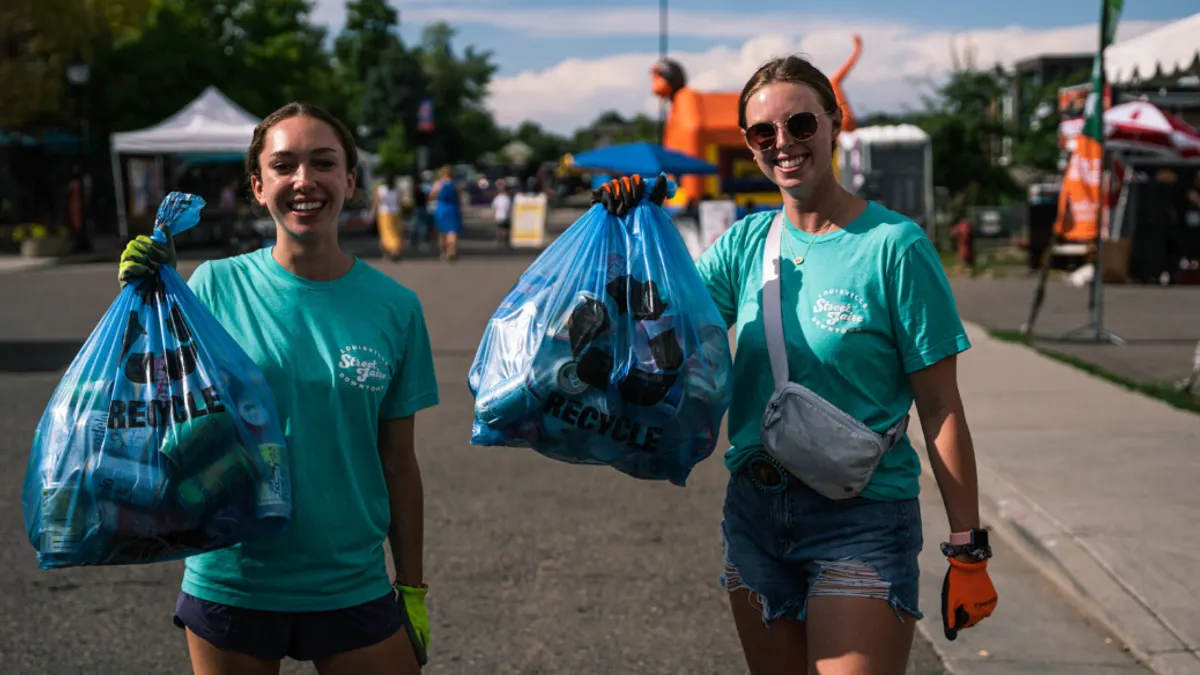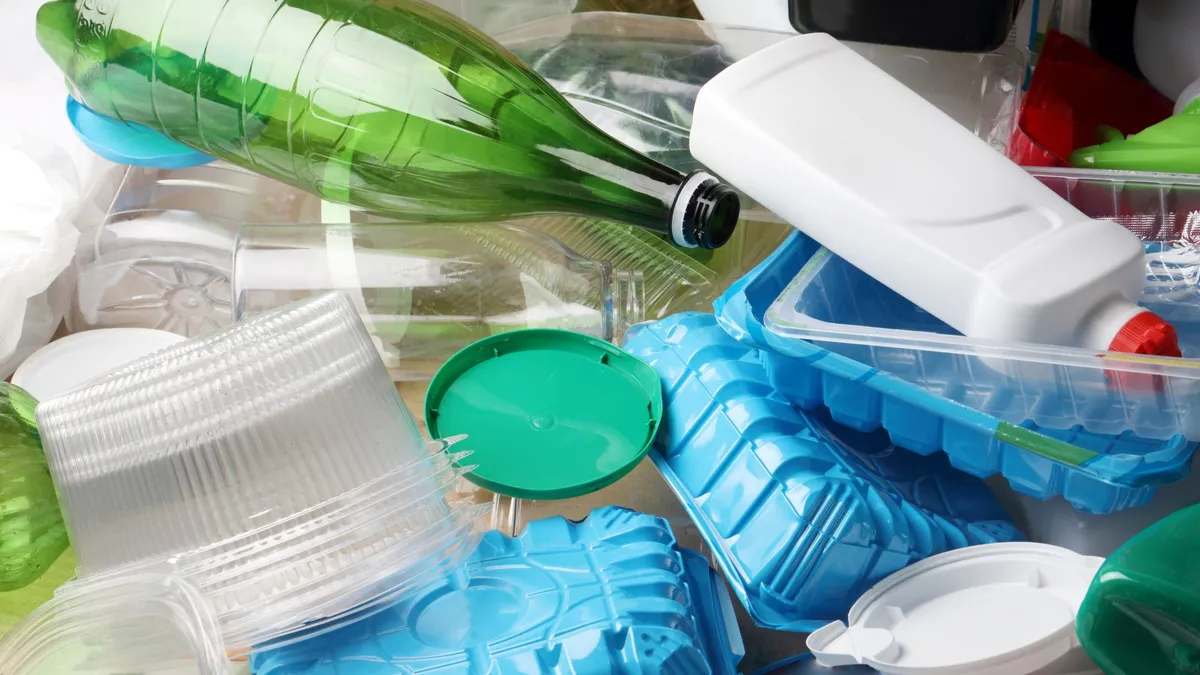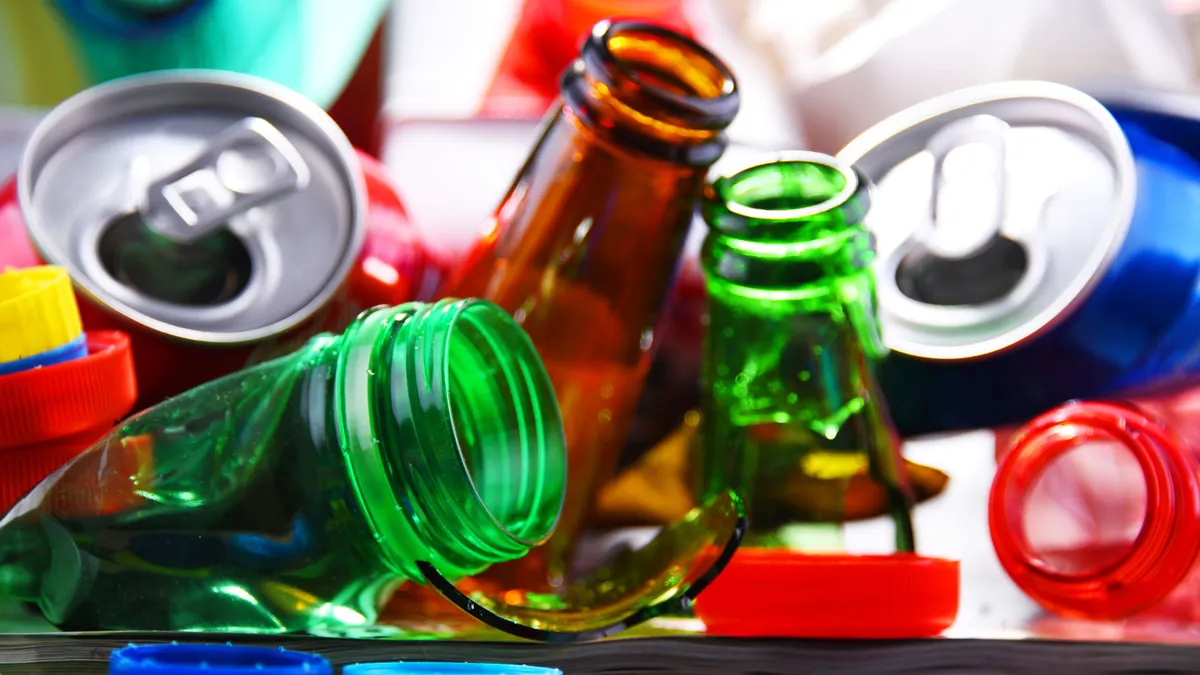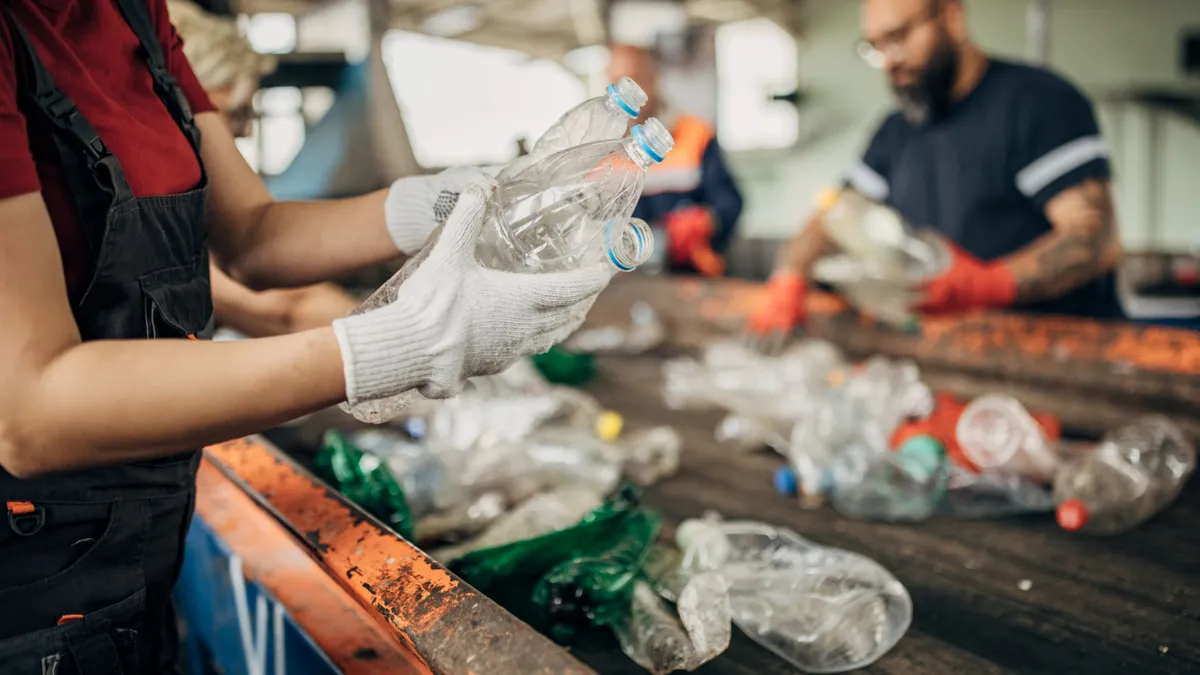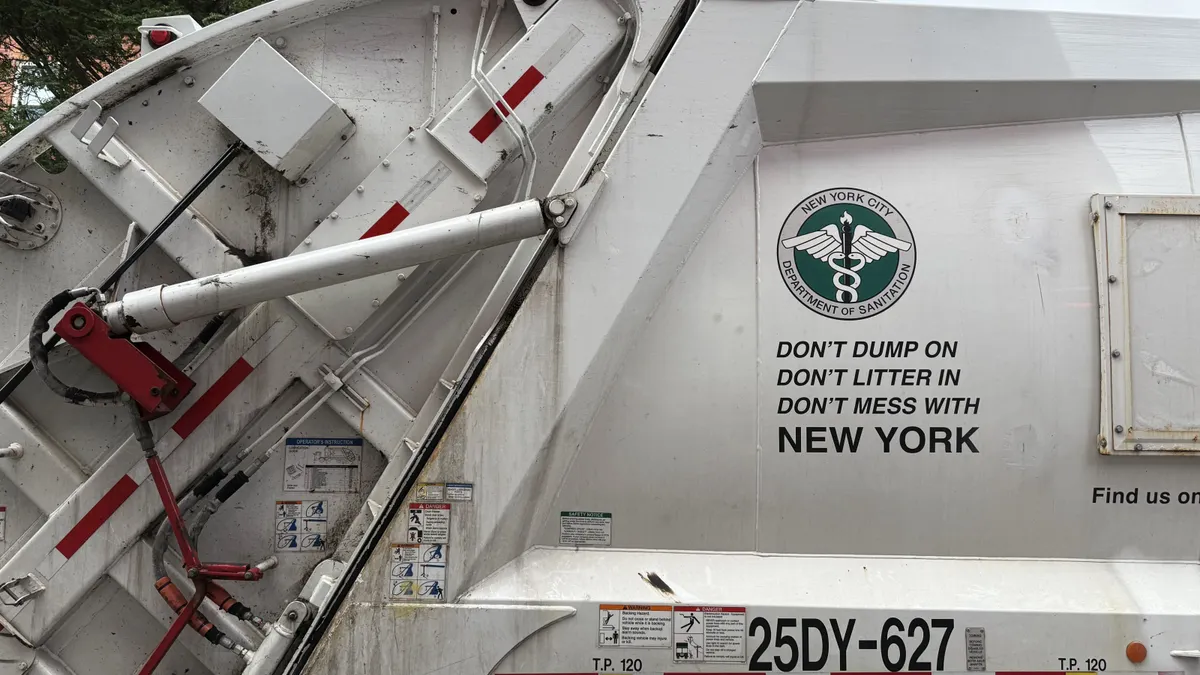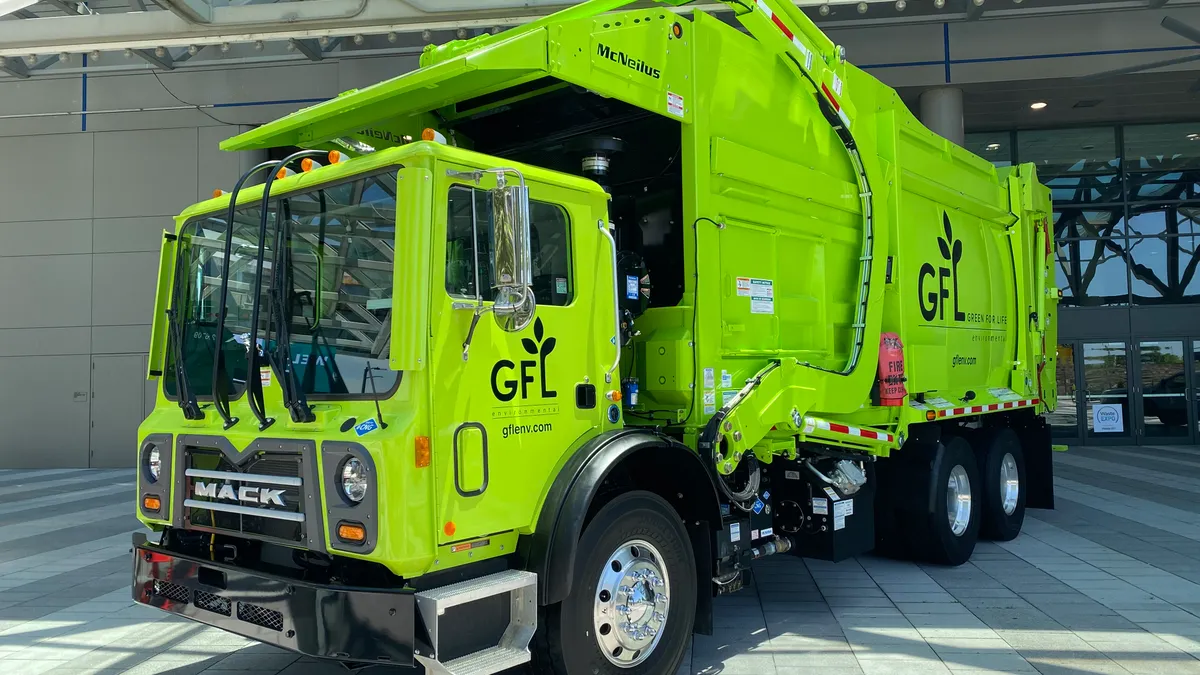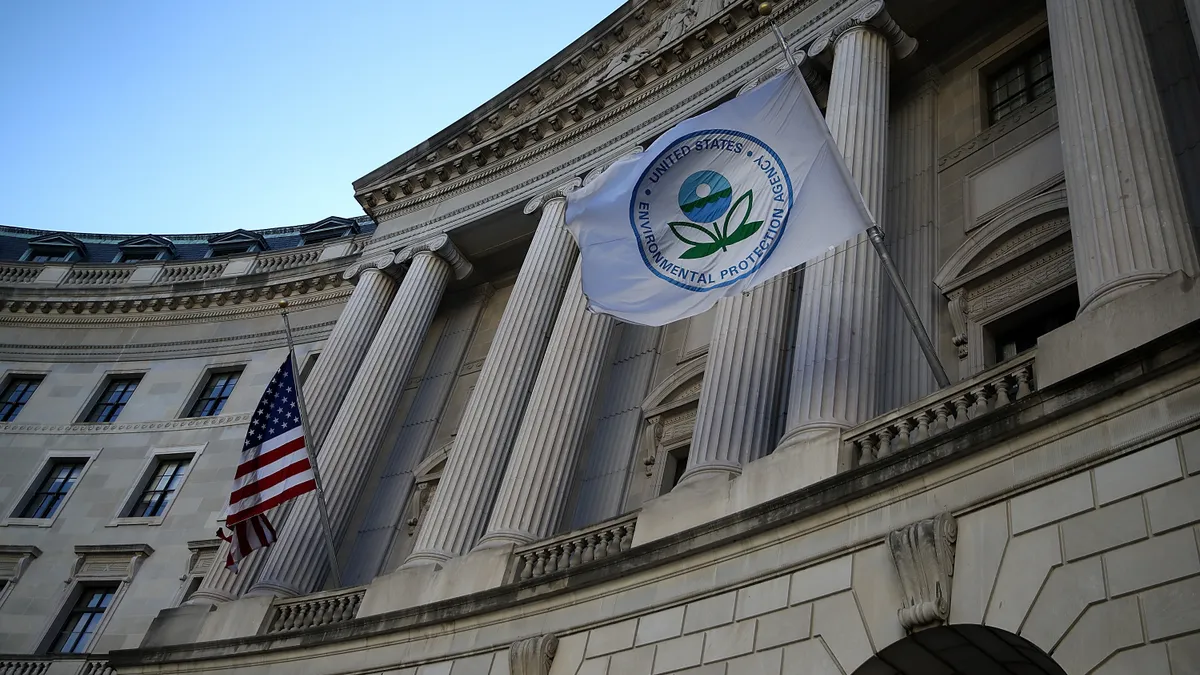For this year's America Recycles Day, Keep America Beautiful took to the streets to ask people if they believe recycling is an important issue.
"Duh! It's 2016, man," said one man to the interviewer, offering a sentiment that echoed a common theme throughout the video: recycling is a practice that everyone can agree on.
However, despite decades of recycling, the industry still works tirelessly to get consumers to truly take action when it comes to properly repurposing or disposing of materials. Therefore, America Recycles Day provides a unique opportunity to remind people that what they buy and how they use it matters.
To mark the occasion, thousands of events are being organized across the country, consumers are being asked to pledge their support for recycling and groups of all kinds are highlighting the work they’re doing year-round to make recycling a top priority.
How did America Recycles Day all begin?
Before recycling was recognized with a nationwide holiday, Texas Recycles Day started in 1994. Kevin Tuerff and Valerie Salinas-Davis — two employees of the agency now known as the Texas Commission on Environmental Quality — launched the idea as a way to encourage recycling mid-way between Earth Days. Once the two left government to form an advertising agency called EnviroMedia, they teamed up with what is now called the State of Texas Alliance for Recycling (STAR) to take the idea national in 1997.
"The idea was to really highlight buying recycled content," said Brenda Pulley, senior vice president of recycling for Keep America Beautiful. "At the time part of the reason that was so important was we were trying to create market pull."
Supported by about 135 businesses and organizations, and Vice President Al Gore as the honorary chair, America Recycles Day launched with efforts in 41 states and one territory. Within a few years the National Recycling Coalition started running the initiative and it eventually drew support from all 50 states. In 2010, Keep America Beautiful took it over and the day has grown to the point that an estimated 1.5 million participated last year.
Getting presidential approval
Many of the day's recycling events are hosted by local governments, nonprofit or civic groups and schools. Participants are asked to take a pledge and say which items they’ll focus on recycling.
It has also become a tradition for presidents to issue official proclamations — working with America Recycles Day organizers and the Environmental Protection Agency — to highlight new issues from year to year. Starting with former President Bill Clinton’s 1999 proclamation that called recycling "one of the great success stories in America's crusade to protect our environment and preserve our natural resources," this has continued every year in nonpartisan fashion.
Common themes of such proclamations include the need to expand markets for recycled content, divert waste from landfills and conserve resources. Former President George W. Bush first highlighted e-waste in 2005, while President Barack Obama talked about managing materials on a "life-cycle basis" in his first proclamation in 2009 and introduced food waste as a regular topic starting in 2012.
Recycling 101
Pulley said government support, particularly from the White House, is a helpful way to make consumers think about their role in the supply chain. In her opinion, more can be done to teach residents about the basic categories of recyclable items regardless of local separation requirements. Though she said getting more people to participate requires work from the recycling industry too.
"You can't just give people a bin or a cart and expect them to know," she said. “Recycling can be complicated and our job as recycling professionals is how do we make it a simple, easy action to take."
For Keep America Beautiful, this has meant helping bring recycling bins to public areas and continuing to pursue new education efforts. America Recycles Day is one of many tools in their efforts to promote reuse, reduction and recycling — albeit a high profile one.
“You can’t just give people a bin or a cart and expect them to know."

Brenda Pulley
SVP of Recycling for Keep America Beautiful
In Texas where it all began, the state has started to take a renewed look at its recycling efforts. Sara Nichols, STAR's executive director, said that as population continues to grow in its cities, strong education will be even more important to make people understand why their actions matter.
"This is not only great for the environment but it’s also an economic driver," she said.
And as recyclers, municipalities and nonprofits work on new ways to tell people why they should make a habit of a practice that has been around decades, one of the most powerful arguments may be that it just makes sense.
"These materials are feedstock for manufacturing and so we really are closing the loop when we buy products made out of recycled content,” said Nichols. “That is a message that isn’t clear at this point to a lot of folks."







